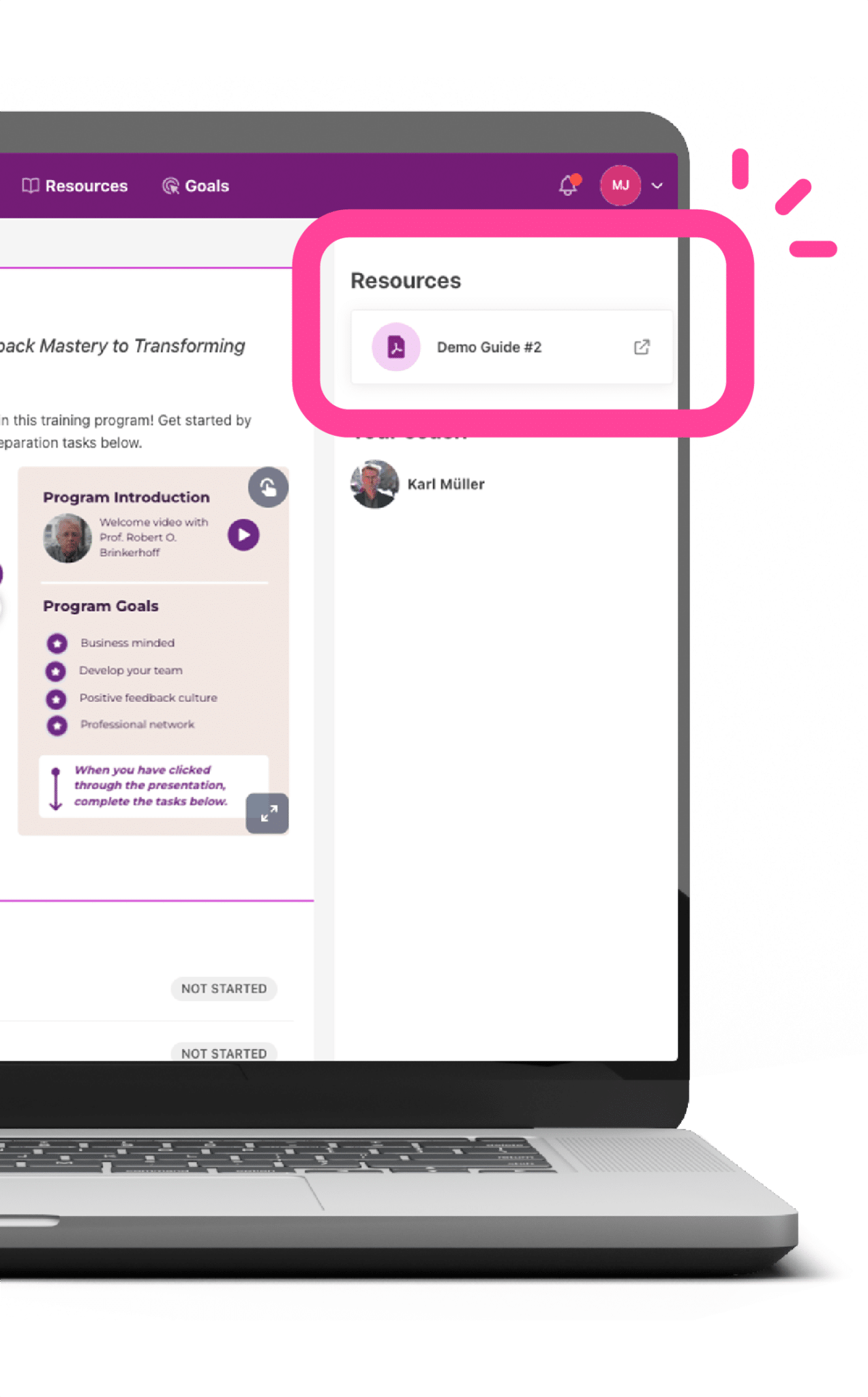The Promote online learning platform – already established as a market leader for cohort-based learning journeys – recently introduced new functionality that will allow learning journeys for individuals. This is great news as there are many use cases that either do not require a group learning experience or actually necessitate individual journey solutions.
Get the most out of your onboarding/upskilling & reskilling
Take the scenario of onboarding. For the organisation, the number one priority is to get new recruits up to proficiency and part of the team as soon as possible. This requirement supersedes waiting for enough individuals to make up a cohort every time! Another example is when large numbers of employees need to be upskilled in a short space of time. According to multiple recent reports including LinkedIn’s 2022 Workplace Learning Report upskilling and reskilling tops the list of priorities for L&D in the post-pandemic environment. As any seasoned L&D professional knows, rolling out a learning initiative at scale for perhaps thousands of individuals with different roles, schedules, time zones etc is next to impossible in cohort format. A more flexible, self-paced individual journey works better in this scenario.
But there’s a catch. One of the benefits of cohort-based journeys is the ready-made social dynamic. According to the Global Sentiment Survey 2022, collaborative/social learning placed second in the list of what will be hot in workplace L&D in 2022. In cohort-based journeys the participants reinforce and enhance their learning experience by sharing their reflections and insights with each other both in class and on the Promote platform. But it’s not just about the enhanced learning opportunities of cohort-based training, there is also the benefit of increased accountability. Cohort-based training affords the opportunity to easily put learners into ‘buddy groups’. These smaller subgroups provide an effective way to ensure people stay accountable and committed to the learning journey as well as being a source of additional coaching and feedback for their peers.
Can individual journeys deliver as much impact as cohort-based journeys?
The answer is, yes, but it requires some re-thinking if you are used to designing cohort-based learning experiences. Let’s start with the essence of the challenge – getting impact from training. We know from the research of Professor Robert O. Brinkerhoff that impact from training happens when a person applies something they have learned in a part of their job that – if performed well – will produce a valuable outcome. We also know that on most occasions if something breaks down in this equation its not that people did not learn well enough. Something else got in their way.
And what is that ‘something’, you ask? Well, commonly it relates to a lack of performance support to apply what has been learned. For example, the average training participant will not have a good idea of the most impactful scenarios to apply their learning without additional coaching. Rather than a clear intentionality of how they will apply what they are learning they only have the vaguest notion. And this becomes ever truer for ‘softer’ skills such as Diversity-Equity-Inclusion, Growth Mindset or Problem Solving that share the common trait in that they are applicable in almost every situation but generate valuable outcomes only in some situations. Learner’s need help identifying the ‘right’ situations.
Designing for impact – Applying what you have learned
Another thing we know about designing for impact is that learners need to get timely, qualified feedback to know if they are performing the newly acquired knowledge or skills proficiently. Again, this is especially true with skills on the ‘softer’ end of the spectrum where it is not always clear what a ‘good’ result is. Learners need feedback and support to process their early application attempts if we hope this will become a sustained behaviour change in the long run.
A third piece of the puzzle is that learners need to know that it’s important that they apply what they have learned, that someone cares, that someone will notice if they do not apply what they have learned. Most commonly, this means a learner’s direct supervisor needs to be at least somewhat engaged in the learning journey. Supervisors can provide support in many forms depending on their knowledge of the subject matter but at the very least they can communicate the importance of the learning, their expectations of subsequent application and create the conditions for the learner to succeed (E.g. temporary removal of other assignments to focus attention on the new skill, connections to subject matter experts in the organisation etc.)
The importance of coach approval
So, back to designing individual learning journeys. As we review some of the lessons from Professor Brinkerhoff’s research it becomes clear that none of these are dependent on cohort-based arrangements. Learners certainly need support, but the most important support comes from the performance environment on the job, not the learning environment. For many years, the Promote platform has offered ‘coach approval’ assignments where a supervisor (or other supporting person) is responsible for approving a learner’s work. For individual journeys, this functionality now becomes absolutely central to success. Essentially the coach approval functionality brings the support and accountability into the learning journey from the learner’s working environment – it bridges the gap between the learning and performance environments. But don’t stop there. we can also get creative to ensure the social dynamic remains part of the journey. For example, how about an assignment that guides the learner to seek out and interview a subject matter expert in their organisation based on a set of interview questions provided as a job aid in Promote; a very powerful way to get your learners’ the support they need and strengthen organisational networks.
The point is that both cohort-based and individual journeys can be engaging and impactful. They may require slightly different design approaches but the Promote platform combined with the High Performance Learning Journey (HPLJ) method provides the functionality and approach to get business results from all your training initiatives.


